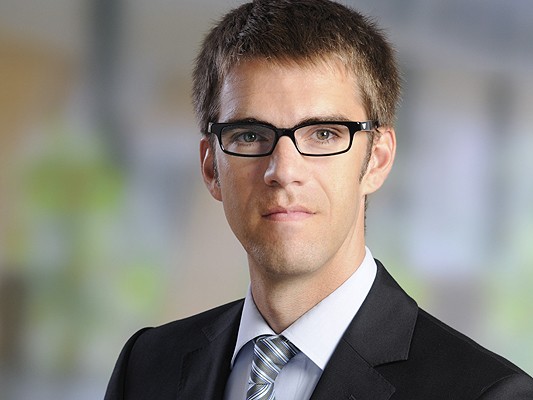Biography
For the past 12 years, Dr. Adel served as director of the Oncology Residency Program and manager of Clinical Pharmacy Services at Memorial Sloan-Kettering Cancer Center. Dr. Adel earned her PharmD from the School of Pharmacy at Lebanese American University in Byblos, Lebanon. She received her first undergraduate degree, a bachelor of science in geology, at the American University of Beirut. After receiving her PharmD, Dr. Adel moved to the United States and received post graduate training at St. Jude Children’s Research Hospital through the International Outreach Program. She then worked as a research assistant at The Johns Hopkins Hospital, where she continued on to complete a pharmacy practice residency (PGY-1) as well as an oncology specialty residency (PGY-2).Since she began her tenure at Sloan-Kettering in 2004, oncology treatment has undergone a “major evolution†with thousands of new medications approved, including targeted drugs and immunotherapy. “These developments call on pharmacists to become more specialized, generating growth in hiring of pharmacists, more collaboration between pharmacists and oncologists, and a greater appreciation for the role of pharmacists,†said Dr. Adel. She also served as an associate clinical professor at St. John’s University College of Pharmacy and Health Sciences. Prior to joining Sloan-Kettering, Dr. Adel worked as a clinical specialist in hematology/oncology at Children’s National Medical Center in Washington, D.C. While in Washington she also was an instructor in pharmacology at the University Of Maryland School Of Pharmacy in Baltimore. Dr. Adel has spoken and published widely, and worked on numerous special projects in oncology. Among her more significant achievements, she has made meaningful strides in the improvement of patient care.
Research Interest
Hematology/Oncology
Biography
Dr Irina Ermolina is a senior lecturer in Pharmaceuticals in the School of Pharmacy, De Montfort University. She gained her PhD degree in Molecular Physics in Institute of Biochemistry and Biophysics, Russian Academy of Sciences, Kazan, Russia. Prior to joining the DMU as an academic staff, Dr Ermolina was employed as Postdoctoral Research Fellow at Glasgow University and Southampton University. Previously she worked as a senior researcher in Institute of Biochemistry and Biophysics, Kazan, Russian Academy of Sciences. Dr Ermolina now specializes in characterization of physical properties of pharmaceutical solids and powders studied by different analytical techniques; development and characterization of hydrogels as drug delivery systems; dielectric properties biological systems (proteins, DNA, cells, disaccharides); stability characterization of freeze-dried pharmaceuticals; the dynamic structure of proteins in solutions and membrane films.
Research Interest
Clinical delopment of biological and biotech products
Biography
Prof. Dr. Gholamhossein Sodeifian (1971) graduated in chemical engineering (M.S) from University of Tehran, in 1997 and received his doctorate (Ph.D), in polymer engineering from Tarbiat Modares University, Tehran, in 2002. Prof. Sodeifian is currently academic member of Chemical Engineering Department of University of Kashan. His research group focused on extraction of essential and seed oils, solubility measurement of solid medicines, and micro- and nanoparticle formation of pharmaceutical materials in supercritical carbon dioxide (SCCO2) via various methods. He has also developed, for the first time in the world, a new and efficient technique for nanoparticle formation, i.e., ultrasonic assisted rapid expansion of supercritical solution into a liquid solvent (US-RESOLV). He has published more than 83 ISI scientific papers and several books. Furthermore, he has developed Sodeifian’s model for drugs solubility. Prof. Sodeifian has been assigned and included in the worlds’ top 2% of scientists list in 2021 and 2022.
Research Interest
His research group focused on extraction of essential and seed oils, solubility measurement of solid medicines, and micro- and nanoparticle formation of pharmaceutical materials in supercritical carbon dioxide (SCCO2) via various methods. He has also developed, for the first time in the world, a new and efficient technique for nanoparticle formation, i.e., ultrasonic assisted rapid expansion of supercritical solution into a liquid solvent (US-RESOLV).





